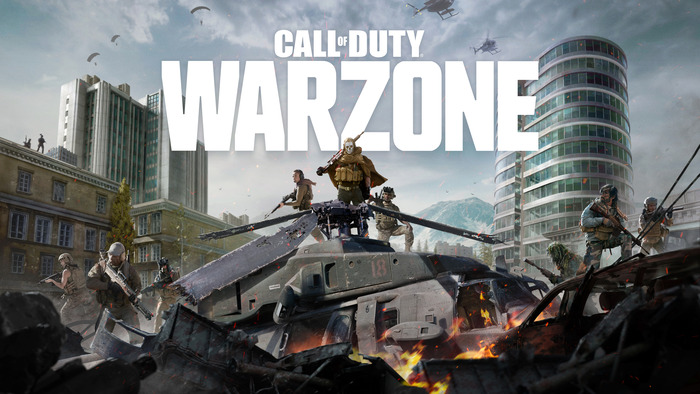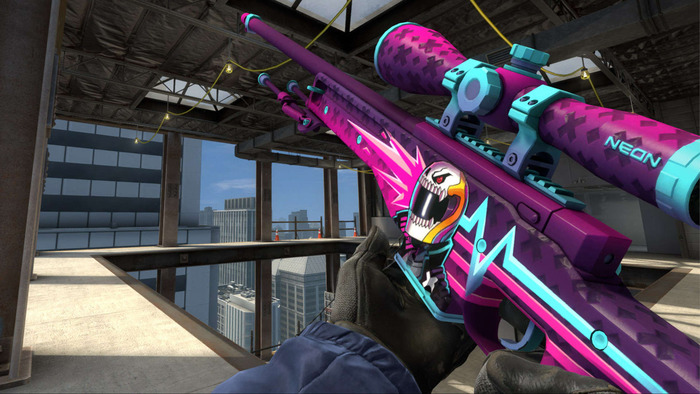How Player Tracking Transforms the Online Gaming Landscape
The vast world of online gaming, having evolved from the era of “Pong” and basic arcade interfaces to modern epics like “World of Warcraft” and “Fortnite,” has become a tour de force in digital entertainment. As this medium has grown, so has the realization that mastering player behavior is pivotal for honing game dynamics, sharpening marketing tactics, and curating lasting player engagement.
The Advent of Player Tracking Tools
At the heart of this analytical revolution stand cutting-edge tools and technologies designed to dissect the gamer’s journey meticulously. Tools such as “Unity Analytics” or platforms like “GameAnalytics” allow developers to delve into the minutiae of player behavior.
Through real-time data tracking, developers of “Apex Legends” can pinpoint which in-game weapons are favored, or which zones in “Among Us” generate the most player interactions, all to refine the gaming experience continually.
Understanding Player Demographics and Preferences
Beyond mere behavior during gameplay, developers have started understanding the nuances of player demographics. Platforms such as “Google Play” and “App Store” offer developers insights into the age, gender, and location of players, unlocking a whole new dimension of customization.
For instance, “Mobile Legends” might discover that their most significant player base in Southeast Asia prefers certain characters or game modes, prompting the developers to offer region-specific events or content. Such granularity ensures that players not only find the games relatable but also culturally resonant.
Benefits of Player Behavior Analysis
Tapping into player metrics is akin to opening Pandora’s box of endless optimization opportunities. Let’s take the intricate in-game economy of “Genshin Impact” as an example. By studying player spending behavior, the developers can better gauge which characters or items players are more inclined to invest in, thereby informing future game development.
Similarly, platforms like “Steam” can scrutinize engagement metrics of games like “Dota 2,” identifying potential pain points, whether they be technical glitches or gameplay imbalances, and rectifying them swiftly, ensuring positive player feedback and increased longevity.
Immersive Experiences through Augmented Reality (AR) and Player Tracking
By incorporating Augmented Reality (AR) technology, games like “Pokémon GO” have set the bar for immersive experiences. But what’s even more intriguing is how player tracking melds with AR. By understanding where, when, and how players engage with AR elements, developers like Niantic can introduce more relevant in-game events or characters in specific geo-locations, leading to heightened player engagement. It’s not just about catching a Pokémon, it’s about ensuring that Pokémon appears in your park at the right time!
The Fusion of Traditional Gaming with Modern Analytics
The digital wave hasn’t just touched the shores of modern games. Classics, too, are receiving a contemporary facelift. Take “Poker” or “Blackjack,” for instance. Their transition to the online world, as seen in platforms such as Maria Casino, now involves the use of modern analytics.
By studying player habits, these platforms can adjust game dynamics, ensuring a blend of tradition and modernity that keeps players engaged. Imagine a chess game where the online platform adapts its difficulty level in real-time based on the player’s past moves, ensuring an always challenging yet engaging experience.
The Growing Significance of Community Feedback
The era of isolated gaming is waning. Today, vibrant gaming communities on platforms like “Discord,” “Reddit,” and in-game forums play a pivotal role in shaping game direction. Take “Final Fantasy XIV,” for instance.
Its massive turnaround from a flawed release to a beloved MMORPG was largely due to Square Enix’s active engagement with player feedback. In essence, player tracking isn’t just about numbers and data, it’s about listening to community voices and integrating their feedback into the gaming experience.
Ethical Considerations and User Privacy
While the capabilities of player tracking are vast, they come tethered to ethical considerations. Platforms like “Epic Games” or “Ubisoft” must always tread cautiously, ensuring that player data is not only gathered ethically but stored securely.
Consider the backlash faced by “Zoom” due to privacy concerns in 2020. The gaming industry must be doubly cautious to avoid similar pitfalls. Implementing GDPR-compliant measures, offering clear opt-out options, and maintaining transparent communication channels are essential steps in this direction.
What Lies Ahead for Player Tracking
The road ahead for player tracking is paved with innovations. Think about integrating AI with platforms like “Twitch” to predict viewer preferences or even merging big data with VR gaming on platforms like “Oculus Rift” for hyper-personalized experiences.
Challenges will undoubtedly emerge, from ensuring the veracity of vast data streams to grappling with the capricious nature of player preferences. But as games like “Cyberpunk 2077” have shown, with continuous evolution and feedback, the industry can adapt, innovate, and elevate the gaming experience for players across the globe.







![List Of PC Games Releasing In 2024 [Jan-Sep] List Of PC Games Releasing In 2024 [Jan-Sep]](https://playercounter.com/wp-content/uploads/List-Of-PC-Games-Releasing-In-2024-Jan-Sep-150x150.png)
